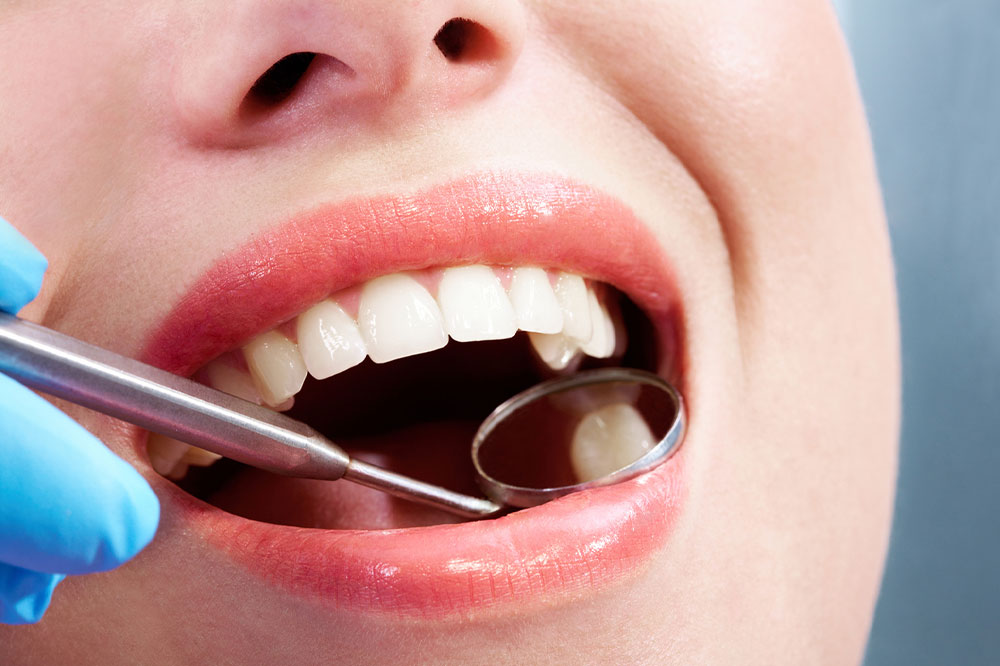6 dental issues indicating high sugar intake

Having a sweet tooth is more common in the country than one would imagine. According to a recent survey, 59% of respondents (who snack often) in the country chose cookies as their favorite snacks, with ice cream and sweets also featuring among the top 10 picks. While desserts are instant mood enhancers, excessive sugar intake triggers several health issues, which include compromised dental health. Here are a few ways in which sugar affects oral health:
Dental cavities
The teeth contain two types of hard tissues—enamel and dentin. When sugar enters the mouth, it may be metabolized by oral bacteria to give rise to acid, which can demineralize the enamel and the dentin, causing cavities. Food particles may enter these cavities, leading to tooth decay and further complications. Although teeth cavities may be covered with dental fillings, this process is rather expensive, accounting for 5–10% of the healthcare budget.
Plaque
Plaque or tartar refers to a sticky coating of bacteria on the teeth, causing bad breath, dark stains, and hard teeth deposits. Often, tartar is formed when the molecules present in sugary foods mix with one’s saliva and oral bacteria. If left untreated, tartar may dissolve the enamel and lead to the development of dental cavities. Severe cases of tartar can also lead to bleeding gums. While there are teeth whitening and cleaning procedures to get rid of tartar, prevention is always better than cure. So, it is important to regulate sugar intake to prevent the development of plaque or tartar.
Abscess
Dental abscesses can be characterized by redness and bumps within or outside the mouth. Experts suggest that excessive intake of sugary beverages, such as soft drinks, can produce certain acids in the mouth. Such acids may combine with oral bacteria and form dental abscesses, which can cause severe pain and discomfort.
Gum disease
Sugary beverages can enter the gaps between the teeth, making room for bacterial growth here. It is difficult to eliminate such bacteria even with regular brushing, flossing, and other oral hygiene techniques. The accumulation of bacteria in the corners of the teeth and gums over time can cause gingivitis, characterized by inflammation of the gingiva—part of the gum around the base of teeth. Gingivitis leads to symptoms such as irritation and swelling in the affected area and is classified as the first stage of gum disease.
Sensitivity
Sugary foods can weaken teeth enamel over time, eventually triggering or aggravating teeth sensitivity. Tooth sensitivity is characterized by a sharp pain upon having hot or cold foods or brushing.
Brittle teeth
Repeated damage to the enamel can make the teeth brittle over time. Weak teeth and teeth loss can make it difficult to perform basic activities like chewing and speaking. While procedures like dentures and dental implants can help with such issues, these procedures can burn a hole in the pocket. So, it is best to avoid or strictly limit sugary foods and beverages and follow oral hygiene practices such as brushing twice daily, gargling after meals, and flossing.

